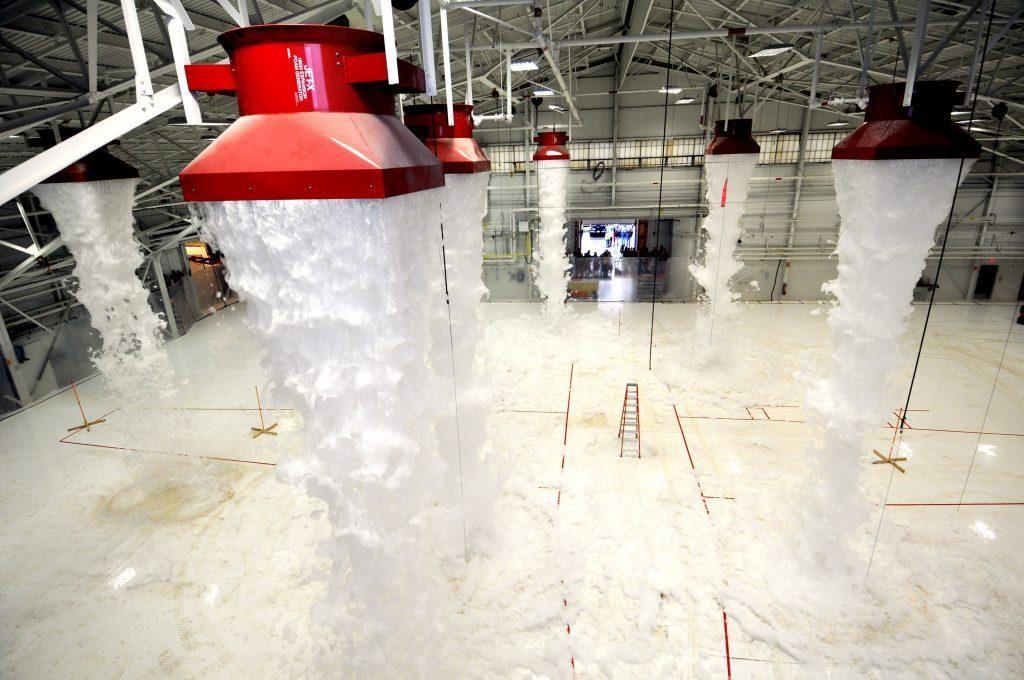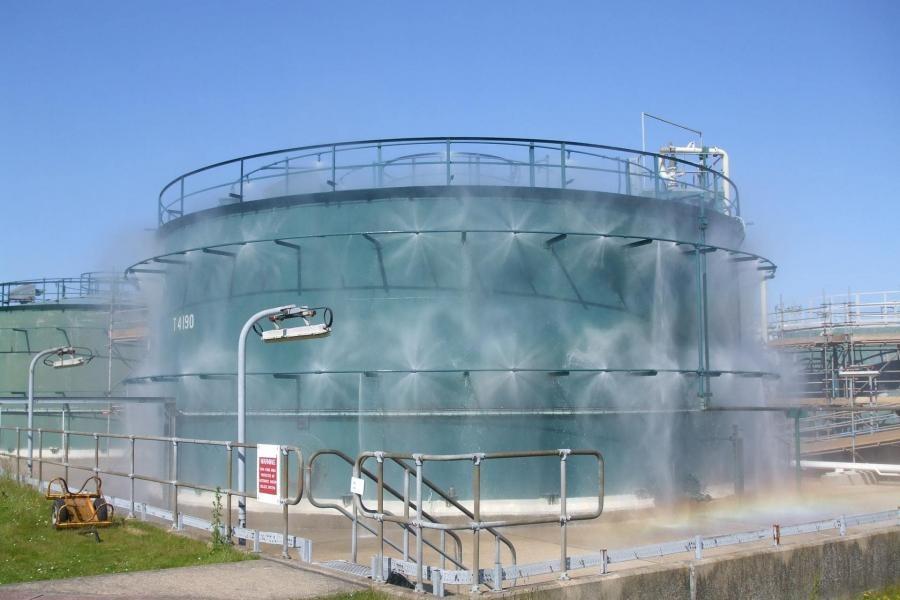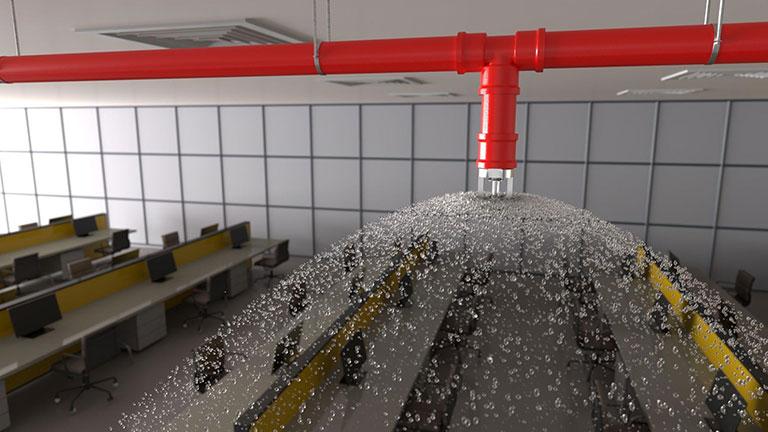Fire sprinklers are of various types, and they have specific applications. The traditional sprinklers are ideal for residential and small-scale commercial areas where the fire can be contained within a small space. But if we consider the industrial areas, like any manufacturing plant, research facility, and so on, the water required to extinguish the fire will be huge. Unfortunately, the traditional fire sprinklers won’t be able to meet the requirements.
This is where the deluge fire sprinkler system comes into play. These have open and wide nozzles, and the pipes are always dry instead of being pressurized using air. Therefore, once the smoke or thermal detectors detect the presence of fire, water rushes in through the pipes, and the sprinkler heads spray the water over the concerned area. However, water rushes out of all the discharge valves instead of some to extinguish large-scale fires.
In this article, we will explain the process to be followed for inspecting and testing the deluge fire sprinkler systems.
Inspection of the Deluge fire sprinkler system components
Inspection is the process through which you will confirm that the fire sprinkler system is in good condition and that it will work fine in case there is a fire in the area, and the system is switched on. The inspection needs to be done based on a certain frequency. In this section, we have explained the frequency and the parts you have to inspect for the normal and feasible operations of the Dubai deluge fire sprinkler system.
1. Daily: You need to check the enclosures of the system daily, especially if it is cold weather, because they can have snow build-up and get blocked.
2. Weekly: You need to check the dry pipe gauges, pressure relief valves, and pipe casings every week because these are associated with pressure maintenance and keeping the pipes connected to the sprinkler head dry.
3. Monthly: The exterior of the deluge valves, control valves, dry pipes, and alarm valves need to be checked every month. If these are blocked or rusted, the system won’t work according to the expectations, and the fire won’t be extinguished. You also need to check if the spray nozzles are positioned properly and facing the right direction.

4. Quarterly: Some of the main parts you need to check quarterly are the connections with fire extinguishing components, any signal devices working as the supervisors, drainage, and the foam concentrating drainers.
5. Half-yearly: If there is any supervising signal generation device connected to all the valves in the fire extinguishing system, you need to check the working every six months.
6. Annually: You need to check if the sprinklers are in good condition and the ones that need replacement or repair. You also need to check the spare units you have in hand so that you can replace the bad ones in the coming year. The pipes and fittings also need to be checked in case there are rusted and corroded parts. Check the hangers and supports installed to support the entire system.
Testing of the Deluge fire sprinkler system components

Every year, you must test the following components involved in the Dubai deluge fire sprinkler system.
a. Deluge valve trip test
b. Control valve positioning and its operations
c. Operational examination of the foam water systems
d. Water supply pipes and fixtures
e. Supervisory valves
f. Manually-controlled actuation devices
g. All components present in the assembly of backflow preventionz
h. Discharge device testing
Conclusion
In this article, we have briefed you about the areas you need to test and inspect in the deluge fire sprinkler system. So, what are you waiting for? Get started with the entire process so you won’t have to wait any longer for testing purposes.

